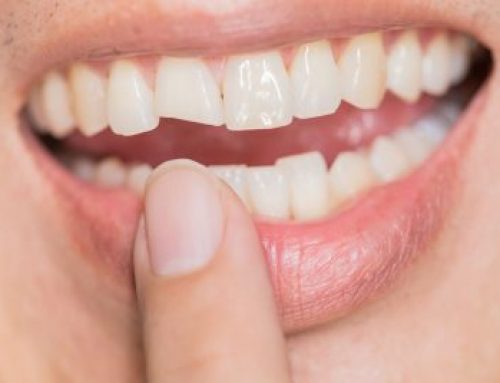 Dental fractures are not uncommon. Patients aged above 25 are especially prone to them. However, dental fractures are quite hard to diagnose, only an expert can tell for sure whether the pain you are experiencing is due to a dental fracture or if the underlying cause is something entirely different. The good thing is once diagnosed, dental fractures are not difficult to mend. In this article, we will discuss in detail the four different types of dental fractures and their treatment procedures.
Dental fractures are not uncommon. Patients aged above 25 are especially prone to them. However, dental fractures are quite hard to diagnose, only an expert can tell for sure whether the pain you are experiencing is due to a dental fracture or if the underlying cause is something entirely different. The good thing is once diagnosed, dental fractures are not difficult to mend. In this article, we will discuss in detail the four different types of dental fractures and their treatment procedures.
Oblique Supragingival Fracture
The oblique supragingival fracture affects the gums. Excessive pressure on gums is what causes this type of fracture. Since the pain caused by oblique supragingival fracture does not last for way too long, detecting this fracture isn’t easy. More than pain, the oblique supragingival fracture is linked with soreness. Only an expert with years of experience can detect this type of fracture. The treatment course involves repairing the damaged part and the dentist placing a crown on the impacted tooth to protect it from future fractures.
Oblique Subgingival Fracture
The oblique subgingival fracture happens to the area below the gum line. With this type of dental fracture, the broken tooth gets embedded into the tooth socket. The pain, therefore, is unbearable and does not go away until the tooth is repaired. Even though the oblique subgingival fracture does not affect tooth nerves, the treatment involves root canal therapy. The treatment procedure is not easy as the fracture is located underneath the gum line, which makes it almost impossible to fix it. Thus, many times, dentists end up extracting the entire tooth.
Oblique Root Fracture
Gum and the bone are the two areas that get impacted by the oblique root fracture. Cases involving fracture near the crown almost always involve removing the entire tooth as in this particular case, saving the tooth becomes impossible. Dentists also prefer to extract the affected tooth as this type of fracture causes the bone to become abscessed, in turn, leading to unbearable pain.
Vertical Apical Root Fracture
Talk to someone who has experienced this type of fracture, and they will tell you how immensely painful vertical apical root fractures are. These fractures directly impact the root of the teeth, in turn, creating an enormous amount of pressure on the bone. This pressure is directly responsible for the pain caused by vertical apical root fractures. The treatment for this type of fracture involves root canal therapy, during which your dentist will completely remove off the affected part, and then the pain will subside on its own.
Conclusion
If you think dental fractures happen only to old people, you are most certainly wrong. They can happen to anyone and when they do happen, they cause a lot of pain. More importantly, if left untreated for far too long, they can become life-threatening. Thus, if you are experiencing any kind of pain, immediately set up an appointment with your dentist and get yourself thoroughly checked. All dental fractures are treatable — you must get them treated before it’s too late.
If you are looking for a dentist, HPS Advanced Dental Care would love to see you. Dr. Heather is gladly accepting new patients.
We are located at 4741 24 Mile Rd. Shelby Township, MI 48316, and we can be reached at (248) 652-0024. We look forward to meeting you!

